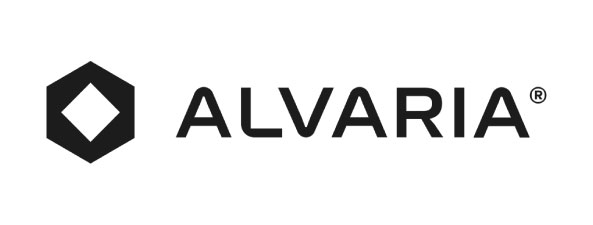The financial health of institutions is just as crucial as patients’ physical health. Revenue cycle management in healthcare stands at the crossroads of these two critical paths, ensuring that the care provided translates into the financial backbone that supports it. This blog aims to shed light on the nuances of revenue cycle management (RCM) in healthcare, define commonly used terms, and illustrate its role in maintaining operational efficiency in healthcare institutions.
What is Revenue Cycle Management in Healthcare?
Revenue Cycle Management in healthcare is a comprehensive process used in healthcare to assist in tracking patient care from their registration and appointment scheduling to the final balance payment. The primary goal of RCM is to streamline the clinical and administrative functions related to patient care, billing, and collections. By doing so, it ensures that healthcare providers are reimbursed fully and promptly for the services they deliver.
Key Phases of Revenue Cycle Management
RCM is an intricate process that involves various stages, each crucial for the financial viability of healthcare institutions:
- Patient Pre-registration: This initial phase involves collecting preliminary patient information before the visit, ensuring eligibility for insurance coverage.
- Charge Capture and Coding: Post-care, the services provided are translated into billing codes, a critical step for accurate billing and avoidance of denials.
- Claim Submission: Claims with appropriate codes are then submitted to insurers for reimbursement.
- Payment Processing: Payments received from insurers are processed. Denials, if any, are managed, and appeals are made for unjustified denials.
- Patient Collections: Any remaining balance after insurance is conveyed to the patient and efforts are made to collect the due amount.
- Financial Reporting: Regular analysis and reporting are crucial to understanding the financial health of the healthcare facility and making informed decisions.
An Overall Look At Revenue Cycle Management in Healthcare
Efficient revenue cycle management in healthcare is not just about keeping the lights on; it’s about creating an environment where quality patient care and sustainable healthcare practice coexist. Here are some reasons why RCM is crucial:
- Financial Viability: RCM ensures that healthcare providers are compensated for their services, safeguarding the financial stability of the institution.
- Regulatory Compliance: With ever-changing healthcare regulations, RCM helps in staying compliant, avoiding penalties, and reducing the risk of audits.
- Improved Patient Satisfaction: Efficient RCM translates into accurate billing and smoother patient interactions, enhancing overall patient satisfaction.
- Operational Efficiency: By automating and streamlining financial operations, RCM allows healthcare professionals to focus on what they do best – patient care.
Commonly Used Terms in Revenue Cycle Management
To fully grasp the concept of RCM, it’s essential to understand the terms frequently used in this domain. We’ve compiled a list of must-know terms below:
Claim Denial: Refusal by an insurer to honor a request for payment.
Co-payment: The amount a patient pays for healthcare services, separate from what insurance covers.
Deductible: The amount a patient must pay out of pocket before the insurance company starts to pay its share.
Explanation of Benefits (EOB): A document from the insurance company to a claimant explaining what was covered for a medical service.
RCM is not just about numbers and codes; it’s about the seamless integration of financial processes with patient care, ensuring that while the patients receive uninterrupted, high-quality care, the healthcare facilities remain operationally efficient and financially sound. Revenue cycle management is an indispensable part of modern healthcare operations. With TEC Services Group as your healthcare institution’s partner for RCM, you have the assurance of a solid strategy with your financial goals in mind. Companies have depended on TEC to supply revenue cycle management system consulting, payment vendor support, data vendor management, and more. As a leading supplier of professional services to the healthcare industry and experts in client management and billing solutions, TEC is prepared to help you improve patient care and ensure patient accounting is flowing smoothly. Learn more:







